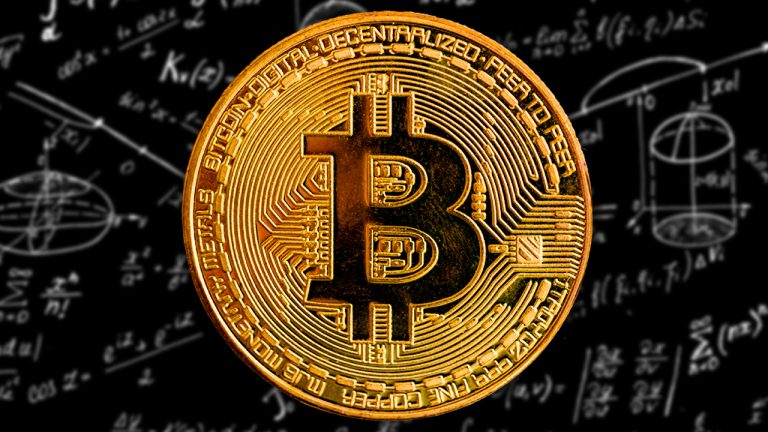US Senators Introduce Crypto Sanctions Bill — Expert Says It’s Overbroad, Unconstitutional

U.S. Senator Elizabeth Warren and 10 different lawmakers have launched the “Digital Asset Sanctions Compliance Enhancement Act of 2022.” The invoice “would place sweeping restrictions on individuals who construct, function, and use cryptocurrency networks even when they haven’t any data or intent to assist evade sanctions,” an knowledgeable mentioned.
Lawmakers Unveil Digital Asset Sanctions Compliance Enhancement Act
U.S. Senator Elizabeth Warren launched a bill titled “Digital Asset Sanctions Compliance Enhancement Act of 2022” throughout a Senate Banking Committee listening to Thursday. The invoice is co-sponsored by 10 different Democratic senators, together with Mark Warner, Jack Reed, and Jon Tester.
The goal of the invoice is “to make sure that Vladimir Putin and Russian elites don’t use digital belongings to undermine the worldwide group’s financial sanctions towards Russia following its invasion of Ukraine,” the senators defined in a joint press launch.
Noting that the invoice will “strengthen our sanctions program and shut off any avenues for Russian evasion,” Senator Warren claims:
Putin and his cronies can transfer, retailer, and conceal their wealth utilizing cryptocurrencies, probably permitting them to evade the historic financial sanctions the U.S. and its companions internationally have levied in response to Russia’s battle towards Ukraine.
However, many individuals have identified that cryptocurrency won’t assist Russia evade sanctions, together with FBI Director Christopher Wray, who mentioned final week that the Russians’ potential to bypass sanctions with cryptocurrency is “extremely overestimated.” Carol House, the director of cybersecurity for the National Security Council, not too long ago mentioned that crypto is an ineffective instrument to bypass sanctions.
The Digital Asset Sanctions Compliance Enhancement Act would allow the president to sanction overseas crypto corporations doing enterprise with sanctioned Russian entities, prohibiting their transactions with U.S. individuals and blocking their belongings. It would additionally give the Treasury secretary clear authority to ban crypto platforms and transaction facilitators working within the U.S. from transacting with any Russian crypto customers. The Treasury can be required to determine overseas crypto buying and selling platforms which are deemed excessive danger for sanctions evasions and cash laundering. The invoice would additionally require U.S. taxpayers to report any offshore crypto transactions exceeding $10K.
Jerry Brito, government director of D.C.-based assume tank Coin Center, defined that the invoice “would place sweeping restrictions on the cryptocurrency ecosystem beneath the guise of bolstering sanctions towards Russia for its unjustified invasion of Ukraine.” He detailed:
The invoice would place sweeping restrictions on individuals who construct, function, and use cryptocurrency networks even when they haven’t any data or intent to assist evade sanctions.
According to the textual content of the invoice, the time period “digital asset transaction facilitator” is outlined as “any particular person, or group of individuals, that considerably and materially facilitates the acquisition, sale, lending, borrowing, change, custody, holding, validation, or creation of digital belongings on the account of others, together with any communication protocol, decentralized finance expertise, sensible contract, or different software program, together with open-source pc code.”
Noting that “miners, node operators, sensible contract builders, and many others.” can be topic to sanctions beneath Senator Warren’s new invoice, Brito confused:
[The bill] requires sanctioning technologists and customers merely for the act of publishing open supply software program or facilitating communication amongst community members. This is pointless, overbroad, and unconstitutional.
What do you consider the Digital Asset Sanctions Compliance Enhancement Act? Let us know within the feedback part beneath.



